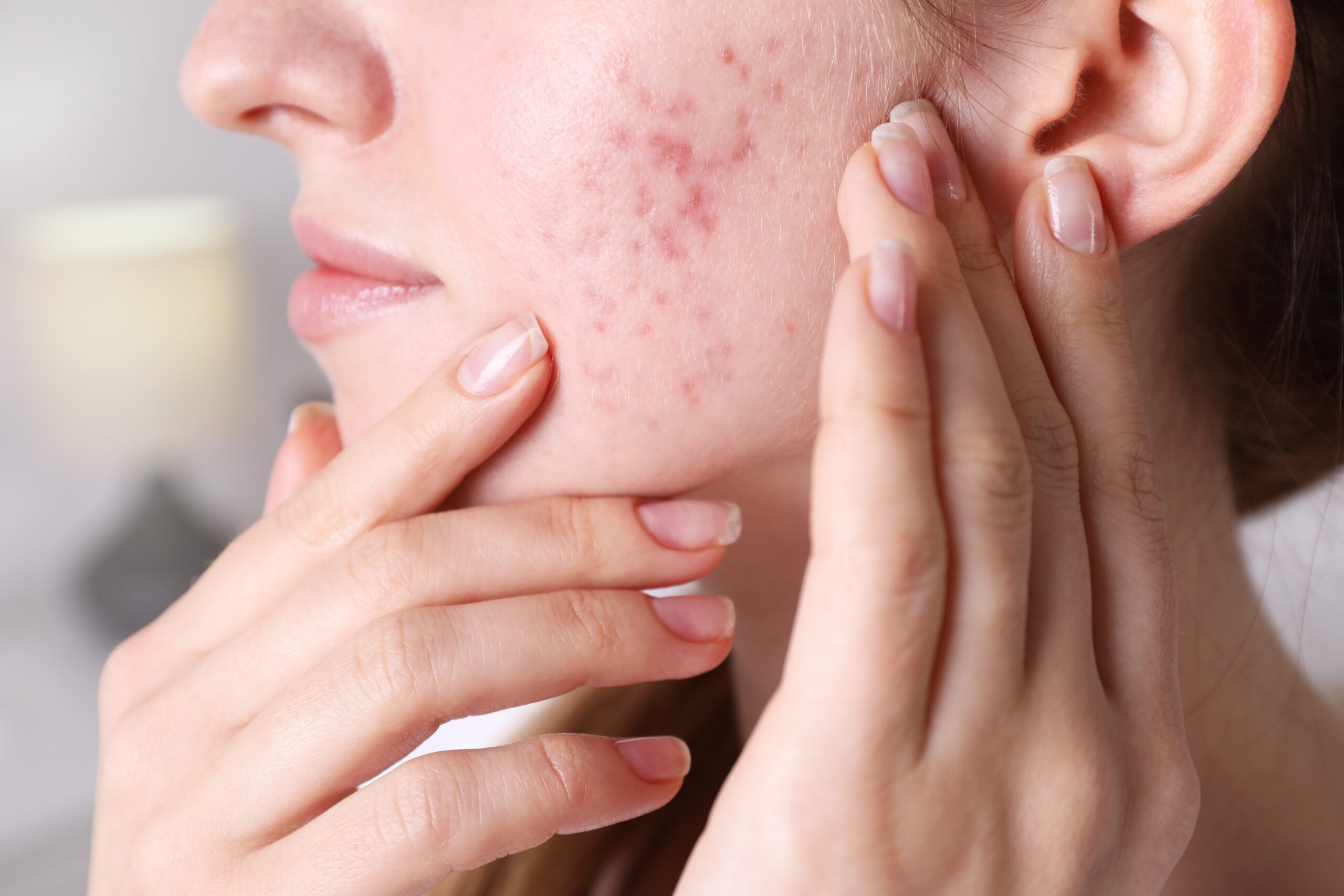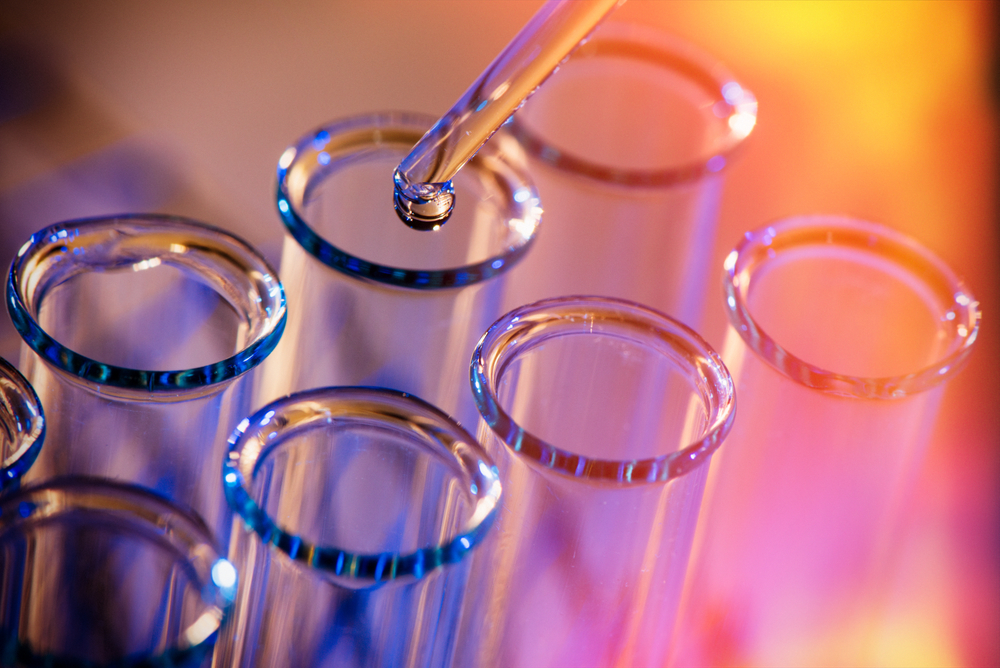
MOLD and the risk to your health
Mold exposure is a significant environmental health concern, as it can lead to various adverse health effects. Understanding the nature of mold, the toxins it produces, and the associated health risks is crucial for effective prevention and treatment.



